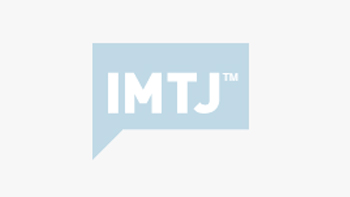India’s Ministry of Tourism (MoT) will organise medical tourism road shows in the Middle East this October, in a bid to increase medical tourism traffic from countries in the region to India. The road shows will be held in UAE (Dubai), Saudi Arabia (Riyadh), Kuwait (Kuwait city), and Qatar (Doha) from October 2 – 10, 2009.
India’s Ministry of Tourism (MoT) will organise medical tourism road shows in the Middle East this October, in a bid to increase medical tourism traffic from countries in the region to India. The road shows will be held in UAE (Dubai), Saudi Arabia (Riyadh), Kuwait (Kuwait city), and Qatar (Doha) from October 2 – 10, 2009. MoT is expecting a total of 15-20 medical service suppliers from India, primarily hospitals to participate in the road shows to spread awareness about the high-class services available in India. The focus will be on medical tourism rather than health/wellness tourism.
Pradeep Thukral of the Indian Medical Tourism Association (IMTA) comments, “The medical tourism industry in India is growing at the rate of 30 to 40 per cent year-on-year. Conducting road shows will definitely help the destination to promote the services aggressively. IMTA has 55 members as of now and there are a few members who have shown keen interest in being a part of the road shows.”
Middle East outbound healthcare travel is experiencing growth despite large number of new hospitals being built in the region. The Healthcare Travel Exhibition & Congress is taking place from 15 to 17 November 2009 in Dubai. High on the agenda are discussions on how to attract medical tourists.
Dr Prem Jagyasi, chairman of the conference, who runs healthcare management consultancy ExHealth in Dubai HealthCare City, comments, “ The Middle East has a unique dual position in the medical tourism Industry. On the one hand, the region’s well-developed hospitals are preparing to capture the international market for elective procedures while on the other, international healthcare organizations are tapping into GCC’s affluent society in search of highly sophisticated and advanced healthcare services unavailable within the GCC.” A leading sponsor of the conference is the Association of Private Hospitals Malaysia (APHM), as Malaysia feels it can compete with local hospitals on service and better them on price. Dr Jacob Thomas of APHM adds, “This conference is an excellent platform to inform healthcare buyers about what we have to offer in Malaysia.”
The United Arab Emirates currently has an outbound annual medical travel bill of US$2 billion. The UAE in general, and Dubai Healthcare City in particular, are attempting to turn the tide by reducing outbound medical tourism and increase inbound, but with little success so far. Dubai Healthcare City once had a flood of new projects planned, but the only major one now is the new 400-bed University Hospital that will not open before 2011.
All of the Middle East will have to fight to attract medical tourists from within the region, and from other countries. This is as well as seeking to reduce the outbound flow, when several Asian countries that see this region as a prime target for high-paying medical tourists, are becoming increasingly sophisticated at marketing their offerings.








 ©2024 All rights reserved LaingBuisson
©2024 All rights reserved LaingBuisson 


